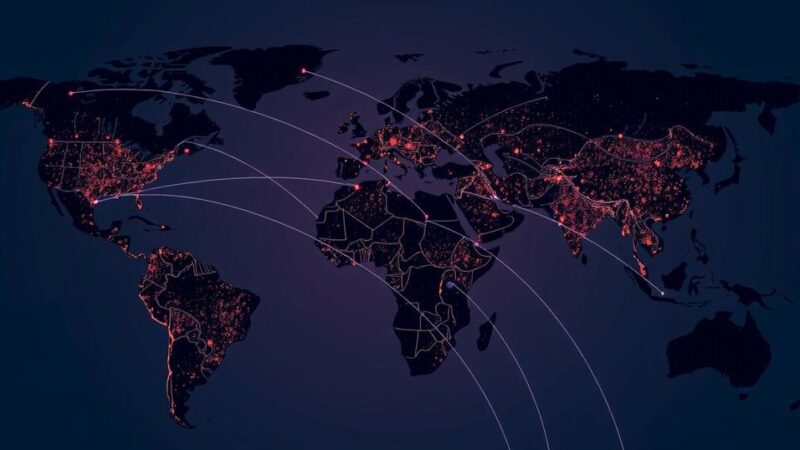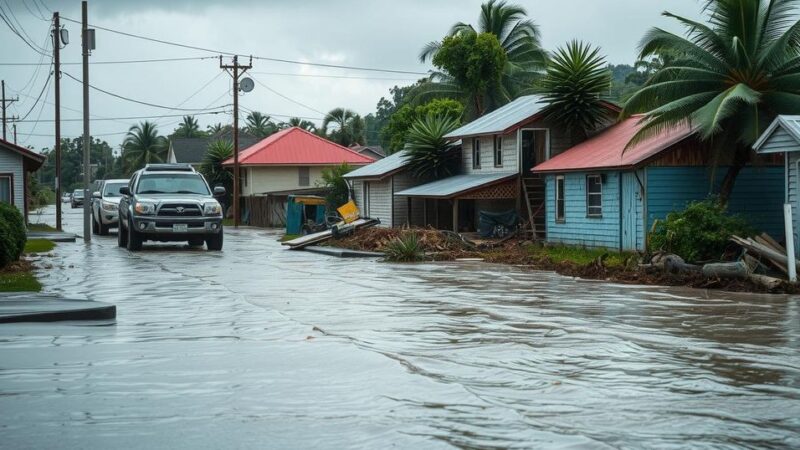Chinese control over cobalt resources in the DRC poses risks to U.S. supply chain strategies as revealed in a recent study. With two-thirds of global cobalt production controlled by Chinese firms, entities like CMOC may fall under U.S. scrutiny due to the foreign entity clause in the Inflation Reduction Act, which may complicate America’s de-risking efforts.
China’s dominance in the critical minerals sector is significantly influencing the supply chain strategies of the United States, particularly in light of recent findings regarding the management of cobalt resources in the Democratic Republic of the Congo (DRC). In a recent study, it was revealed that Chinese firms control approximately two-thirds of the cobalt production within the DRC, which alone accounts for an estimated 74 percent of cobalt output worldwide. This situation poses a considerable risk to U.S. de-risking plans, as these assets have been identified under the foreign entity of concern clause stipulated in the U.S. Inflation Reduction Act (IRA). Notably, CMOC, formerly recognized as China Molybdenum, stands out as a leading producer of cobalt, primarily operating through two significant mining projects—the Tenke Fungurume mine and the Kisanfu project. According to analysts at Benchmark Minerals, the aforementioned sites are potential subjects of concern regarding the IRA’s enforcement measures towards entities classified under foreign ownership or control. It is projected that by 2024, around 60 percent of the overall global supply of mined cobalt will originate from assets designated as foreign entities of concern, highlighting a substantial risk to economic and strategic objectives aimed at reducing dependency on foreign minerals originating from regions with adversarial standings, such as China, Russia, Iran, and North Korea.
The geopolitical dynamics surrounding the supply of critical minerals have emerged as a pivotal topic in discussions regarding global trade and national security. Cobalt, a vital element in batteries for electric vehicles and renewable energy technologies, has seen its supply chain become highly concentrated under Chinese control, particularly through operations in the DRC. This centralization raises serious concerns for the United States as it seeks to diversify its supply sources to mitigate risks posed by potential geopolitical tensions. The U.S. Inflation Reduction Act introduces specific clauses aimed at discouraging dependencies on entities that may be ethically or politically problematic, thereby impacting how the United States formulates its supply chain policies going forward.
In summary, the control exerted by Chinese companies over cobalt production in Africa poses significant challenges for the United States as it endeavors to secure its supply chains in the face of geopolitical uncertainties. With a critical reliance on DRC resources, the American economy must navigate the implications of the foreign entity of concern clause in the IRA, which could hinder its strategic objectives in the mineral sector. The upcoming years will be crucial for evaluating how the U.S. addresses these vulnerabilities in its pursuit of a more resilient supply chain.
Original Source: www.scmp.com







